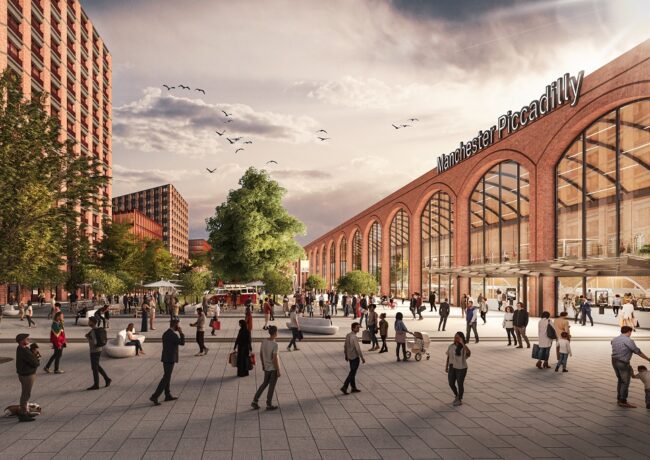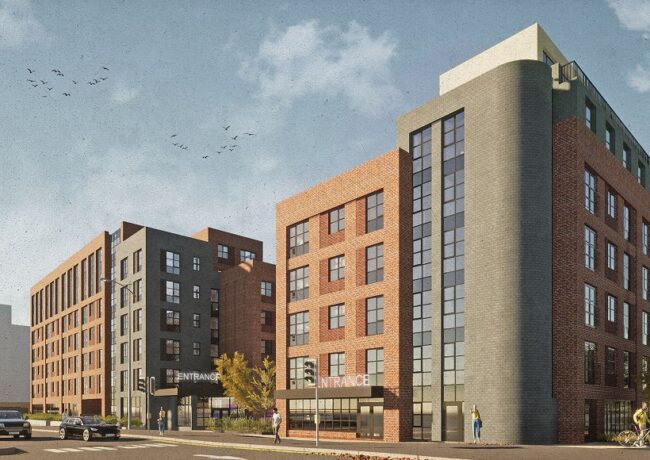Greater Manchester releases industrial plan
The city region’s leadership has joined with Government in publishing the Greater Manchester Local Industrial Strategy, the long-term plan aimed at increasing productivity.
Key sectors to the fore in the LIS are all areas where the city’s leadership has promoted the city region’s capabilities in recent years, including health and care innovation; advanced materials, cyber-security and digitalisation of industries, along with its Clean Growth Mission to achieve carbon neutral living in Greater Manchester by 2038.
Along with city council leader Sir Richard Leese and metro mayor Andy Burnham, secretary of state at the Department for Business, Energy & Industrial Strategy Greg Clark is a signatory of the strategy. The other three signatories are LEP chairman Mike Blackburn; Prof. Dame Nancy Rothwell of the University of Manchester and Siemens chief executive Jurgen Maier. The Government is to take a place on the board of the Greater Manchester Strategic Infrastructure Board.
A degree of devolution has given the city greater control over £6bn of health and care budgets, it said, but it faces great challenges – by 2036, Greater Manchester is likely to see a 75% increase in the proportion of people aged 75-plus, compared to 2011.
The LIS announces the establishment of an innovation partnership on healthy ageing, and says that Greater Manchester will work to establish a home for an International Centre for Healthy Ageing to drive real-world testing and commercialisation of wellbeing innovations.
In advanced materials, the document references the ongoing development of assets to capitalise on Manchester’s graphene capabilities in the city centre, along with the planned development of an “Advanced Materials City” in North East Manchester. The LIS states that a new Graphene, Advanced Materials and Manufacturing Alliance to develop its strategy in this area, with Government representation on its board.
In its carbon-neutral aims, says the LIS, Greater Manchester will face challenges including rapidly increasing the energy efficiency of buildings, decarbonising heating and cooling, significantly upscaling local renewable energy generation and decarbonising transport. The document refers to the already-developed five-year Environment Plan that sets out actions to reduce carbon across all sectors of society, and states the city region is working towards a coordinated Clean Air Plan to address poor air quality.
Projects and funding streams from various sources are brought together under the umbrella of the LIS, such as Greater Manchester’s £312.5m Transforming Cities Fund allocation, parts of which are being used for improvements to Metrolink and the Bee Network, while subsidised travel plans are to help young people access education and employment.
The strategy can be downloaded in full online.





Decarbonisation is a fallacy, a false premise. The world is a carbon based ecology. Plant more trees to absorb CO2 AND produce oxygen. Nitrogen oxide/dioxide and derivatives are one of the main problems to eliminate.
By Keith